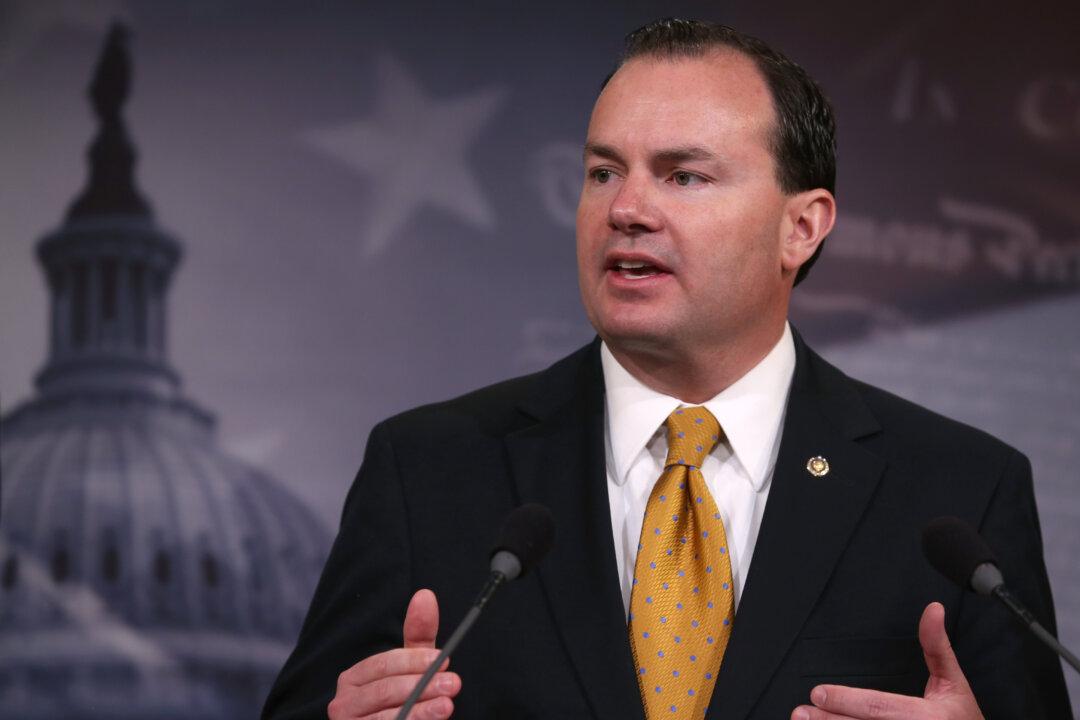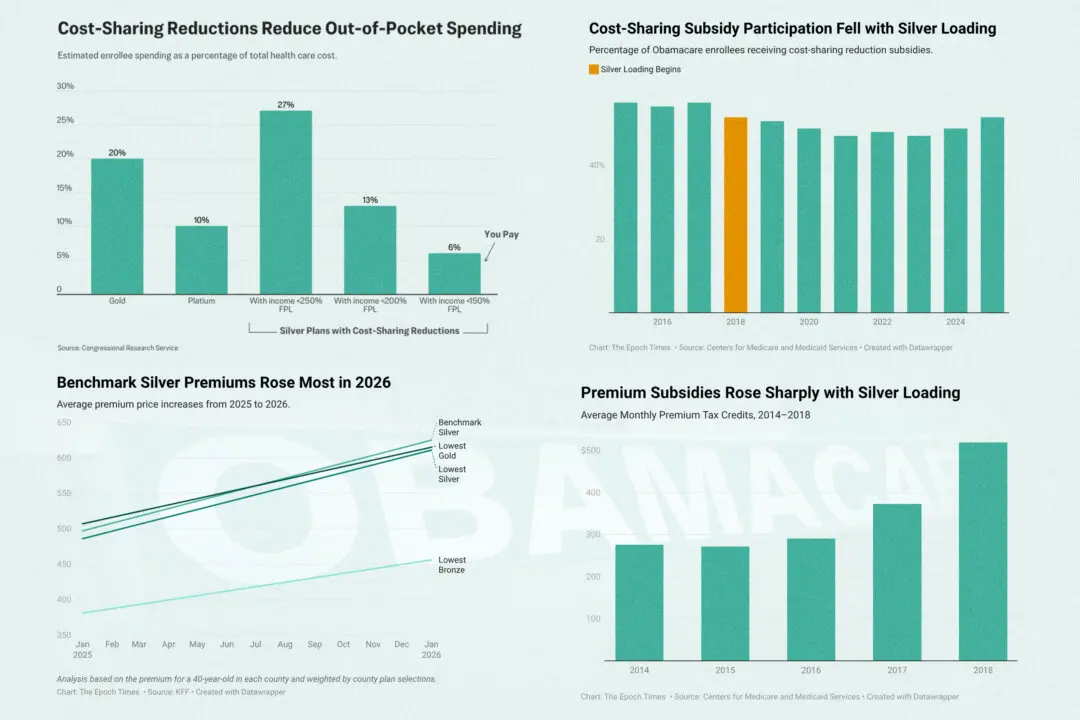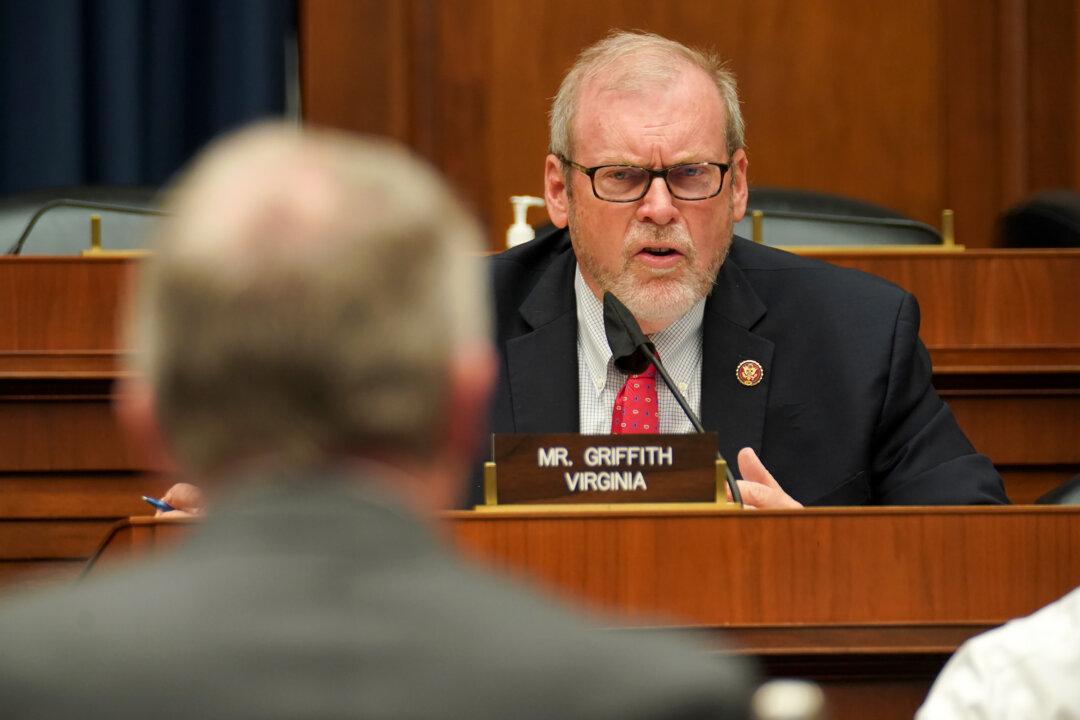Several Republican senators expressed solidarity with their House colleagues in support of the Limit, Save, Grow Act at a joint press conference attended by about 40 GOP members of Congress.
The bill, passed by the House in April, would raise the debt ceiling by $1.5 trillion, enough to last for about one year, while limiting federal spending, strengthening work requirements for some recipients of federal benefits, clawing back unspent COVID-19 relief funds, and loosening restrictions on drilling for oil and gas.





